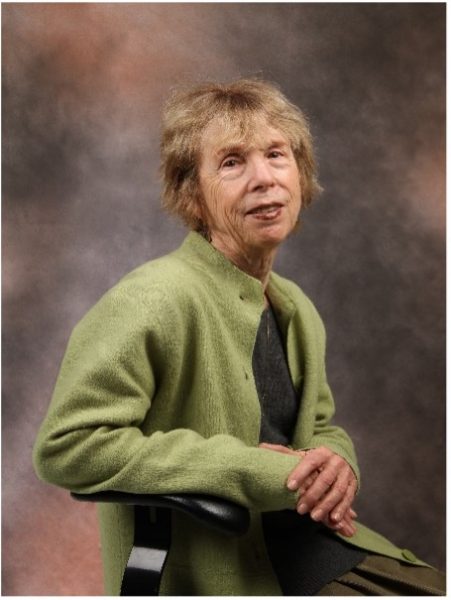By Rabbi Barbara Speyer
The double portion of Acharei Mot/Kedoshim (Leviticus 16:1-18:30) contains many laws and rituals, as well as moral and ethical issues. Acharei Mot refers to the untimely deaths of Aaron’s sons, Nadav and Avihu. It continues with the service for the scapegoat, an act that was performed on Yom Kippur in the days of the Bet Hamikdash (the ancient Temple in Jerusalem). The portion contains various rituals about sacrifice and purification. The next set of laws concerns family purity, modesty, and incest. Strangely enough, or maybe not so strangely, some of these laws were violated by our Patriarchs. Abraham married Sarah, who was a relative. Isaac married a cousin, and Jacob married two sisters and they, too, were relatives, Jacob’s cousins.
Kedoshim addresses many of the same laws that are in the Ten Commandments. The verse that states,” You shall be holy, for I, the Lord your Gd, am holy,” teaches us to model ourselves after God. The verse that states one should revere his mother and father and keep the Sabbath sound familiar since we have those in the Ten Commandments as well. Admonitions against making false idols, stealing, and swearing falsely are also in the Ten Commandments.
What I see as innovative are the ideas of not cursing a deaf person or putting a stumbling block before the blind. One can interpret these verses literally or figuratively. Of course, deaf people do not hear what one says, and blind people do not see what is before them. However, to carry the idea further, one should not speak ill of someone under any circumstances. And putting a stumbling block before the blind does not necessarily apply only to blind individuals; giving one wrong information or misleading someone falls into this category as well.
For me, though, it is the verse “Lo tikom v’lo titor . . .v’ahavta et rayacha kamocha” that signifies the most important principle in the Torah. To take revenge or to harbor a grudge are actions that are destructive not only to victims, but also to the perpetrators. Having negative feelings, remembering someone did something to you that you hold in your heart, is unhealthy and can cause an individual to focus solely on all that is negative.
The last part of this verse “to love your neighbor as yourself,” “v’ahavta et reacha kamocha,” means that to be positive toward someone else and to care for that person implies that one must also care for oneself. My work as a chaplain at the VA Hospital and Community Living Center, a nursing home, provides me with the privilege to encounter people who are facing all sorts of medical issues, be it surgery or treatment or end of life care. It is my privilege to meet them and provide spiritual support to them, promoting refuat hanefesh (healing of the soul) and, when possible, refuat ha guf (healing of the body).
This portion has so many important commandments that I could go on, but I prefer to conclude with the idea of self-care, which emphasizes that if we take care of ourselves, we are in a position to care for others. Shabbat shalom.
 Rabbi Barbara Speyer is a board certified chaplain and a member of the Rabbinical Assembly delegation that serves JWB Jewish Chaplains Council®. She works at the VA Medical Center in Los Angeles, California, serving veterans in the hospital and nursing home.
Rabbi Barbara Speyer is a board certified chaplain and a member of the Rabbinical Assembly delegation that serves JWB Jewish Chaplains Council®. She works at the VA Medical Center in Los Angeles, California, serving veterans in the hospital and nursing home.
Reader Interactions